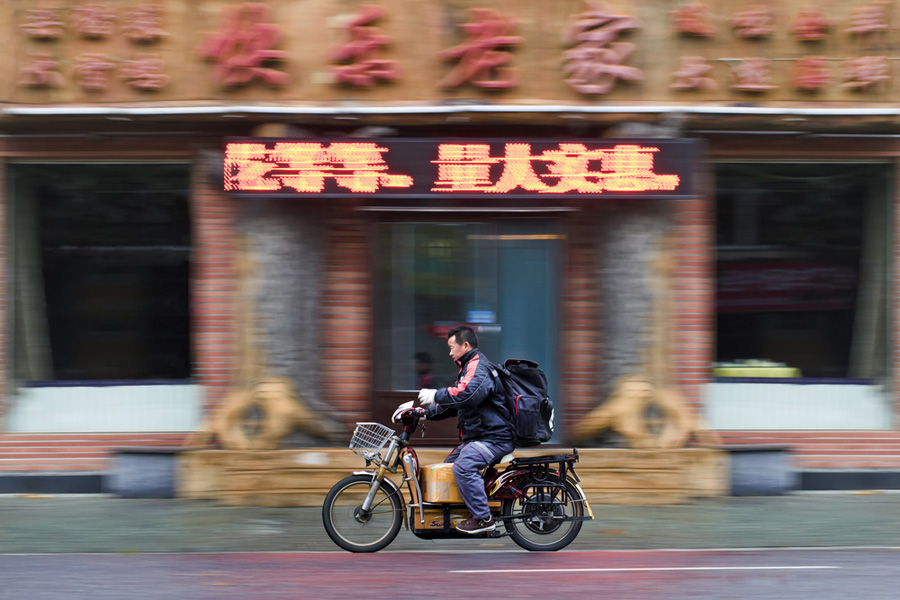China’s EV growth forecasts are starting to look shaky

Optimism that this would be a banner year for the world’s biggest electric-car market is starting to wane. After all, who wants to spend big bucks on a vehicle right now in China?
Shanghai’s grueling two-month lockdown and whack-a-mole restrictions in cities from Beijing to Tianjin have had a deleterious effect on consumer confidence and left the economy reeling. In fact, not a single car was purchased in Shanghai in April — not surprising given no one could leave their homes and dealerships were closed.
At the start of the year, the China Passenger Car Association was forecasting 5.5 million EVs would be sold this year, up from 3.3 million last year. That could be under threat — even if demand quickly bounces back, automakers are struggling to operate at full capacity given Covid-19 restrictions on workforces and supply chain constraints.
Read more: Goldman says bull market in battery metals is finished for now
You just have to look at recent sales figures from the likes of Xpeng and Li Auto to see how big a hit the auto industry has taken. Xpeng deliveries plunged 42% in April from March to just over 9,000. Li Auto shipped just 4,167 vehicles in April, and earlier this month said it sees deliveries of 21,000 to 24,000 vehicles in the second quarter, well short of analysts’ expectations for 29,750.
Even Tesla hasn’t escaped, shipping just 1,512 vehicles from its Shanghai plant in April, when it was closed for three weeks. Production has now resumed, with the EV pioneer going to extreme lengths to get back to capacity of around 2,100 cars a day.
The easing of Shanghai’s lockdown and recently announced central government measures to kickstart the economy and revive auto sales may not be much help to EV makers, either.
A 60 billion-yuan ($9 billion) tax cut on new car sales will mostly aid fossil fuel-powered automobiles, according to Fitch Ratings, given that EVs are currently exempt from the 10% purchase tax (a subsidy that is set to expire at the end of this year). That end-of-year cliff edge for EV subsidies is a timely reminder of how much more expensive battery-powered cars could get without further government support, especially given the recent pressure on battery prices.
It’s not all bad news on the subsidy front, however, with regional governments pitching in to help EV makers. Shandong is providing subsidies for fossil-fuel and electric vehicles, while Shenzhen and Guangzhou are offering 10,000-yuan subsidies for EVs and expanding license plate quotas for petrol and diesel-powered cars. Over the weekend, Shanghai increased the quota for car ownership this year by 40,000, and offered subsidies to EV buyers.
Even so, Fitch’s China auto analyst, Jing Yang, says the firm’s forecast for 50% growth in EV deliveries this year may have to be “revisited” once the effect of all the government moves becomes clearer. “Demand could be negatively affected by lower value-for-money compared to internal combustion engine cars after subsidies and new tax relief, in particular amid surging battery costs,” Yang said.
Independent economist Hao Hong says annual vehicle sales are already high, and car ownership among those who can afford one is “rapidly” reaching saturation point.
“Unless the rough management of lockdown goes away, it will be difficult for car sales to normalize,” Hong said. “People don’t spend when they’re despondent. Zero car sales in Shanghai in April is the epitome of the destruction caused by lockdown.”
(By Danny Lee)
{{ commodity.name }}
{{ post.title }}
{{ post.date }}




Comments